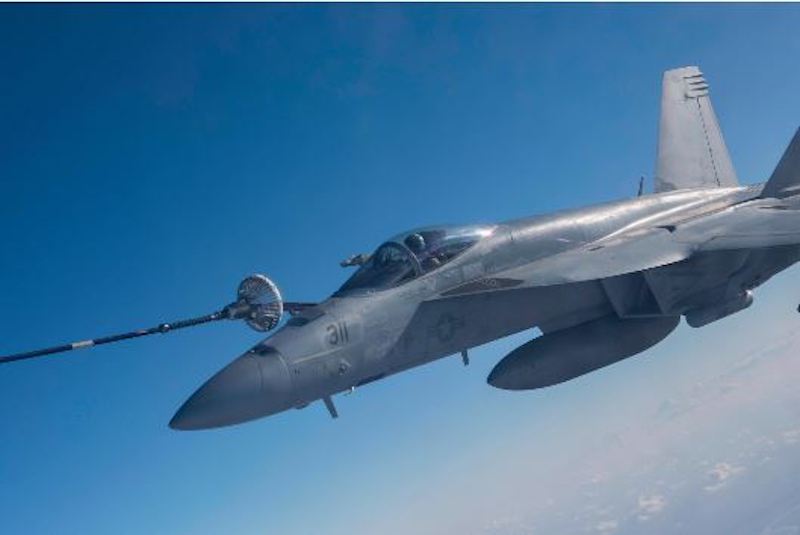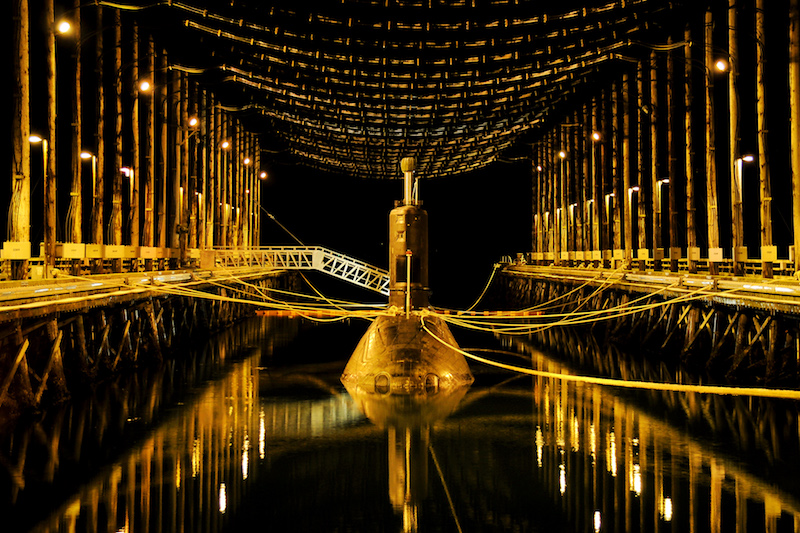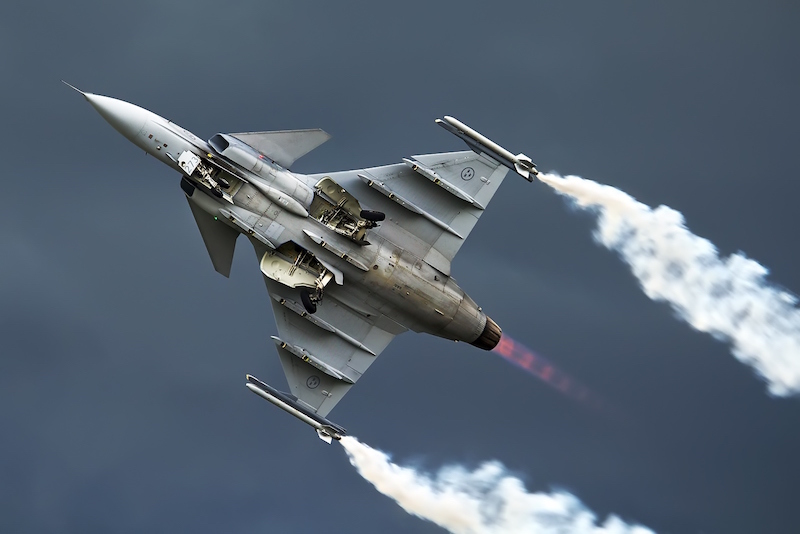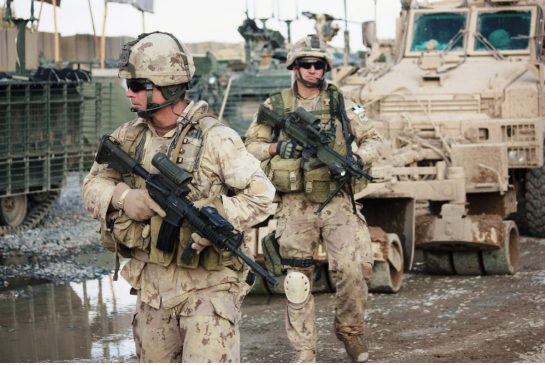Summary of Conflict:
Of the six nations that were directly impacted by the events of the 2011 Arab Spring, Iraq and Syria have undoubtedly suffered the most detriment. In late 2017, Iraqi Prime Minister Haider al-Abadi announced that the civil war between the state’s forces and the Islamic State was officially over. Despite the optimism that such an announcement precipitates, the conflict in Syria that has involved various international actors and a multiplicity of domestic parties remains ongoing. While the Islamic State has been struggling to defend its last positions and is evidently on the verge of defeat in the Middle East, the complexity of the conflict in Syria will likely hinder the process of establishing a semblance of security in the region. Given these circumstances, it seems as though time is the determinant factor for Syria’s future, one which increasingly becomes contingent on the geopolitical strategies of Russia and the US. However, the same cannot be said for Iraq, where the quelling of the conflict compounded with the international response has endowed the nation with an opportunity to build greater capacity to respond to the violent events that frequently occur in the region.
Canada’s Previous Contributions:
Canada’s efforts in the Middle East have been primarily focussed on Afghanistan and Iraq, with the goal being the defeat of groups such as Al-Qaeda and the Taliban. However, after the rapid expanse of the Islamic State post-2014, multiple states committed to extended campaigns with the mandate being the eradication of the threat the group poses to the region. In 2014, Stephen Harper announced that Canada would be sending up to six CF-18 fighter jets as well as multiple surveillance aircraft and other equipment to Iraq to join the bombing campaign against the Islamic State, part of what would be called Operation IMPACT. Not long after the announcement, Canada also committed 69 Armed Forces members to act as on-the-ground advisors to local troops in northern Iraq.
Trudeau’s NATO Mission in Iraq:
The reinvigoration of Canada’s commitment to stability in the Middle East came with the announcement made by Prime Minister Justin Trudeau at the July 2018 NATO summit in Brussels. While Canada already maintains a relatively sizable contingent in Iraq of 850 soldiers and other personnel as part of Operation IMPACT, the NATO training mission will be constituted by 250 additional troops along with up to four Griffon helicopters. The official mandate of the mission is to aid in the training of the Iraqi Army so that the future of the country’s security is not contingent on international military support. This announcement came in the wake of a barrage of criticism from Trump concerning NATO member-states’ defence budgets, which are more often than not below the 2% stipulated by NATO. On August 22, 2018, it was announced that Major-General Dany Fortin, Commander of the 1st Canadian Division Headquarters, would be assuming the role of mission commander. The responsibilities of Canadian Forces members vary from training Iraqi Army members, providing operational capacity at the headquarters in Baghdad, and “force protection” for NATO operations surrounding the city. While there does not seem to be a strict timeline on the mission, the importance of establishing a secure Iraq arguably supersedes the establishment of any stringent operational timeline, barring a list of goals.
Photo: Public Domain.
Disclaimer: Any views or opinions expressed in articles are solely those of the authors
and do not necessarily represent the views of the NATO Association of Canada.




